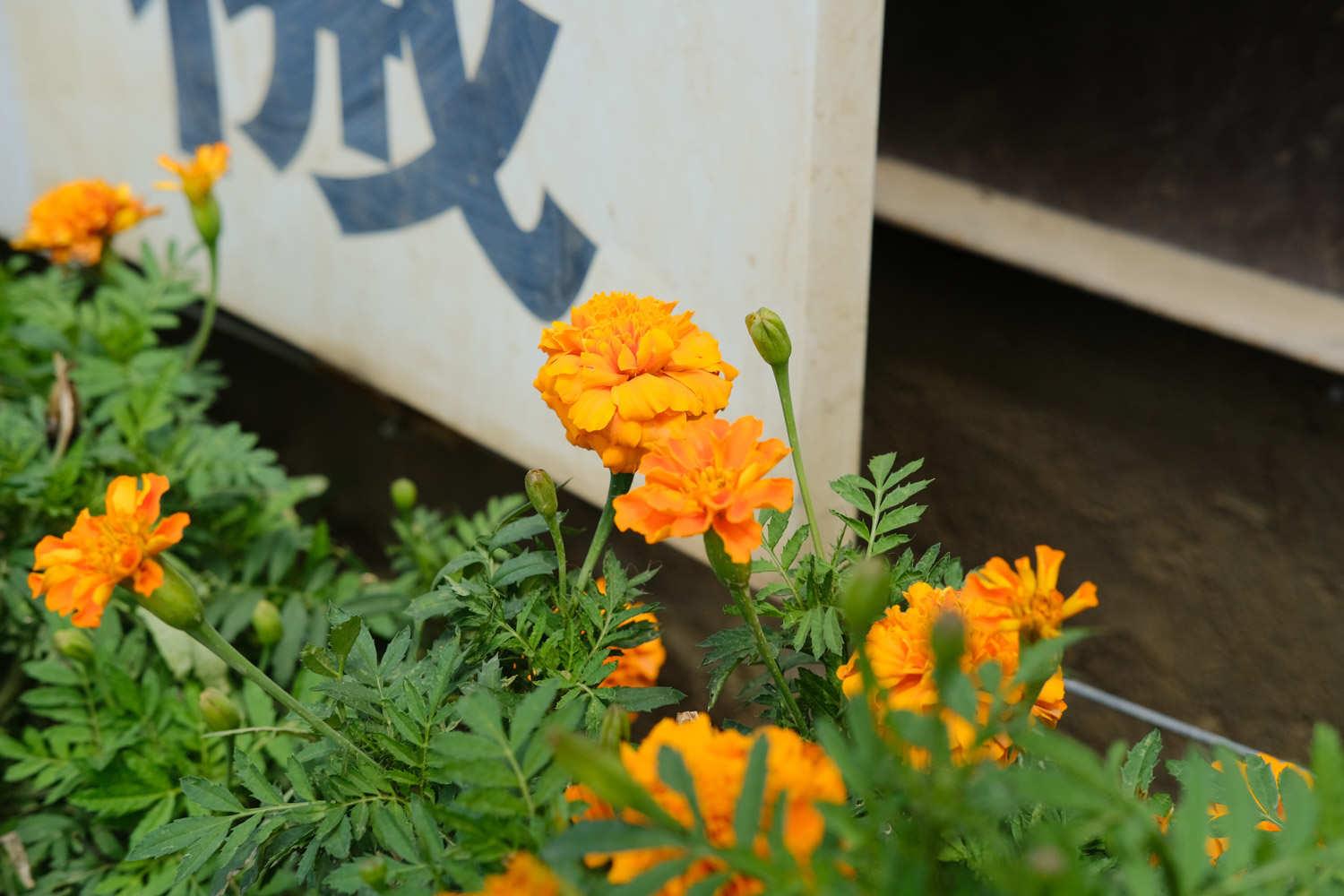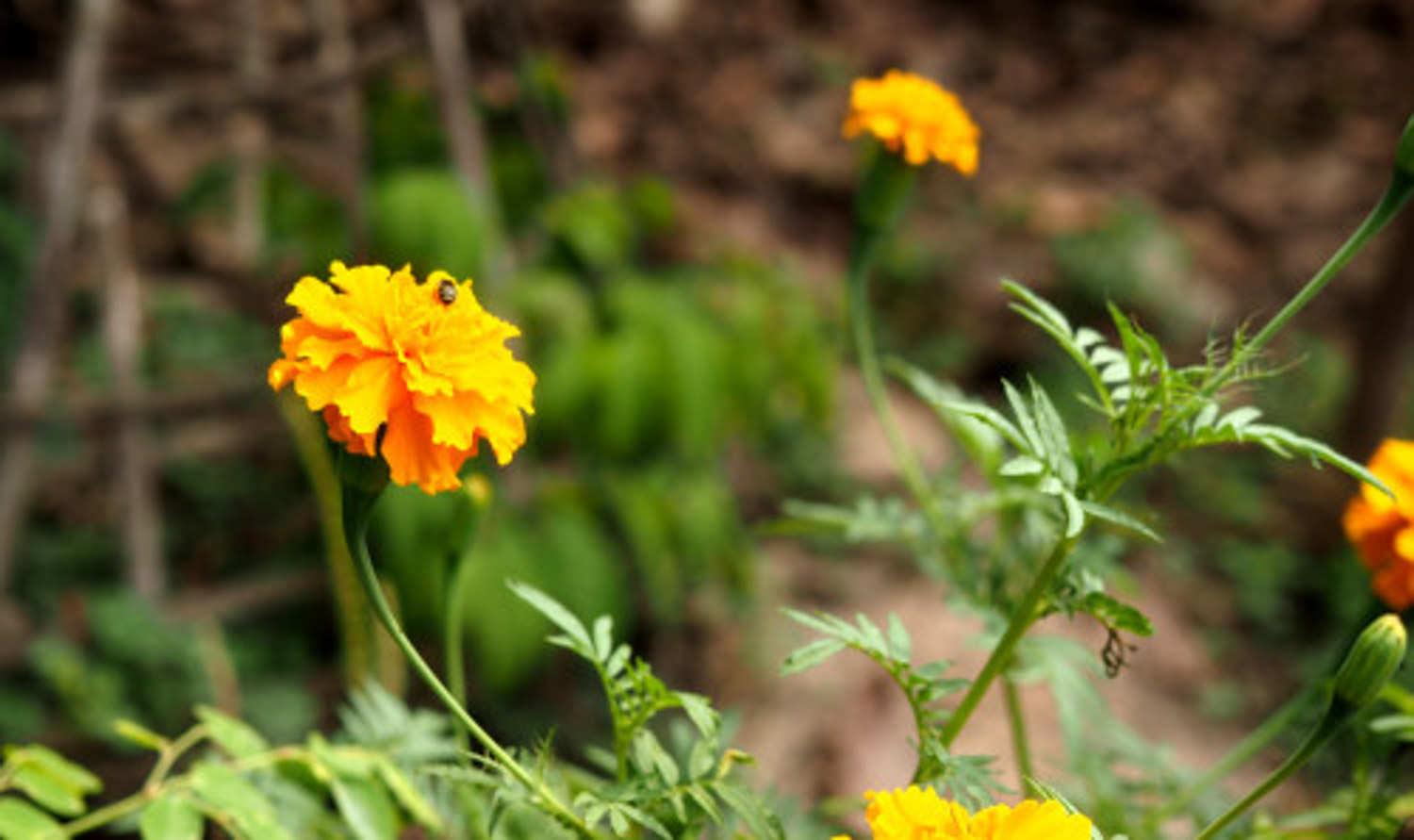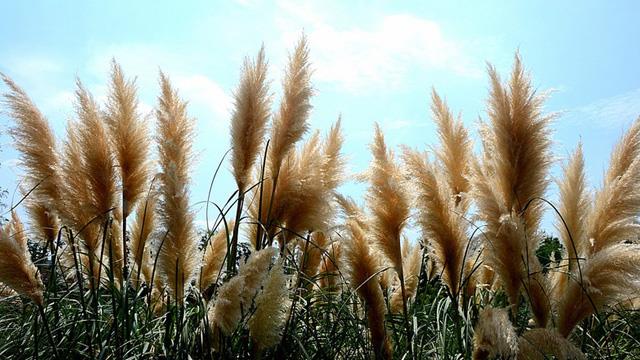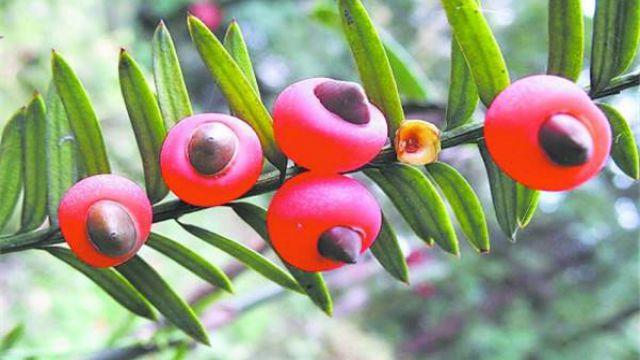Marigold cultivation methods and precautions
Last Update :2024.11.06
Article Catalog
Temperature: The suitable temperature is 20~30℃, not higher than 30℃ in summer, and the winter temperature is above 5℃. Lighting: Make sure there is enough light and pay attention to shade in summer. Soil: Breathable, well-drained sandy soil is preferred. Water and fertilizer: Water more frequently during the growth period. Water when dry and wet. Water in the morning in summer and autumn, and at noon in winter and spring. Apply liquid fertilizer once a month during the growing season.

Breeding method
Cultivation methods
Temperature and light
Marigold likes a warm, humid and well-lit environment. The suitable growth temperature is 20 to 30°C, and the summer temperature should not be higher than 30°C. , the overwintering temperature in winter should be above 5°C. It is necessary to ensure that marigolds have sufficient sunlight to grow, so that they can bloom beautifully. If the light is insufficient, the plants will easily grow leggy, which is not conducive to flowering.
Soil
Marigold does not have strict soil requirements, and loose sandy soil with good ventilation and good drainage is preferred.
Watering and fertilizing
Marigolds need to be watered more frequently during the growth period, but the amount of watering each time should not be too large. Just see dry and wet. When watering, change the watering method according to seasonal changes. Water in the morning in summer and autumn, and water at noon in winter and spring.
Marigolds should be fertilized appropriately. A certain amount of base fertilizer should be applied when planting. Liquid fertilizer should be applied once a month during the growth period. Do not apply too much nitrogen fertilizer to avoid excessive growth and flowering.

Notes
Reproduction
Marigolds are mostly propagated by seeds, which can be sown in spring, seedlings raised and then transplanted. It can also be propagated by cuttings in summer.
Pruning
Marigolds can be pinched after transplanting to promote more branches and more flowers.
After the marigold blooms, you should promptly cut off the remaining flowers and cut off the dense branches and leaves, so that new branches can sprout and promote more flowering. It can also promote the massive growth of marigold aerial roots. When the aerial roots grow larger and stronger, the marigold can be cut off from the stem and replanted. You can also re-prun and press down, but heavy pruning can easily affect the growth of the plant, resulting in poor growth of long branches and leaves and poor flowering.
Pest and disease control
Marigold has fewer pests and diseases, the more common ones are leaf blight, damping off, powdery mildew, aphids, and leaf miners. Drugs can be used for prevention and treatment.

Precautions
- END -
The difference between pampas grass and miscanthus

Differences in stems: The stems of pampas grass are very narrow, about 1 meter lon...
The difference between metasequoia and yew

The leaves of yew are small and narrow, with large gaps between them. The leaves a...